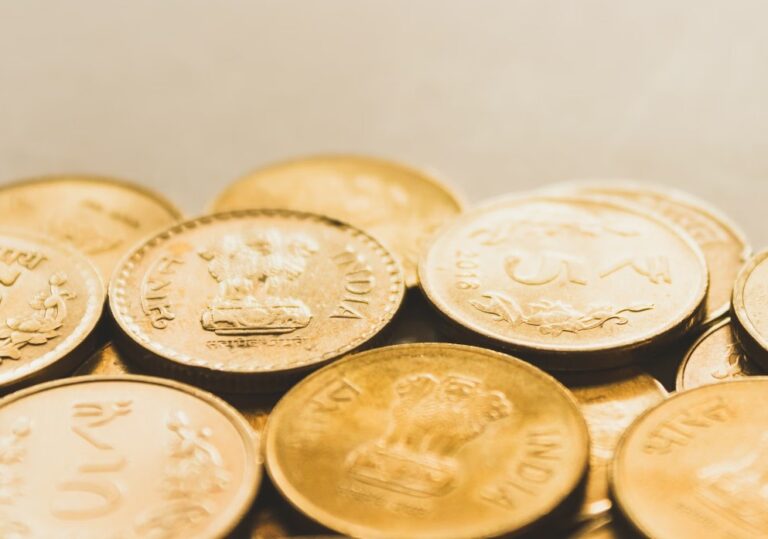The investment world has a reputation for being all about numbers, analysis and rationality. It isn’t. In fact, decisions almost never respond only to market efficiency.
As behavioral finance, which investigates the role of psychology in economic choices, has shown, we are influenced-to a greater or lesser degree-by emotionality and cognitive distortions (called biases). One of the most famous is the herd effect.
Table of Contents
What is the herd effect?
The herd effect is the tendency to follow the behavior of the majority, without regard to one’s own needs and goals.
Underlying this mechanism is, as in all biases, the goal of “cognitive savings.” Analyzing all the variables in a scenario is always exhausting, as well as – in some cases – impossible. It requires commitment and expertise. Here then emerges the tendency to simplify, to use stereotypes or preconceptions, to get carried away by emotionalism.
In the case of the herd effect, then, another factor takes over, which lightens the cognitive and emotional burden of a choice. In case of mistakes, following the majority would reduce dissatisfaction. On the contrary, making decisions in isolation would risk multiplying regrets.
Read also: Behavioral finance, what is it in five key points
An example in everyday life
The phenomenon affects different areas. For example, think of two bars, next to each other: one deserted and the other with a fair amount of bustle.
In all likelihood, one will opt to enter the second, since the presence of more people suggests higher quality. In this case, the choice is not driven by analysis or knowledge (we do not know if the coffee is better there or if the prices are lower) but, precisely, by the herd effect.
Herds, investments and savings
In finance, the tendency to follow the majority can create far greater problems than bad coffee, both for the individual investor and systemically. The most classic example is that of bubbles, which also swell and burst because of the herd effect.
In the first phase, the one in which the bubble expands, enthusiasm and capital flow incentivize investors to rush in. The majority follow, also because of the so-called FOMO (Fear Of Missing Out), the fear of missing an opportunity.
A similar mechanism, however, fueled by panic, contributes to the outbreak. Indeed, the sudden fall in prices is made all the more profound by the wave of sales: while there is a rational individual desire to limit losses, there is a tendency to indulge the collective fear of the herd. Everyone sells, I do too.
In some cases, contagion, that is, the reaction to a problem, comes to produce more damage than the problem itself. Think, for example, of banking crises (such as that of 2008) or sovereign debt crises. When the more or less reliable news of a bankruptcy spreads, customers tend to withdraw liquidity for fear of losing their savings.
Not only from distressed institutions but also from others. In this way, however, the herd puts pressure on the entire system, which is unable to guarantee such a massive instant cash disbursement.
Majority movements thus lead to self-fulfilling prophecy: in essence, the fear of a negative event prompts behaviors that – in fact – promote its materialization. This is why the herd effect, while a cognitive distortion of individual investors, can be a factor in market equilibria.
Read also: Financial decision making: what is it and what factors influence it












